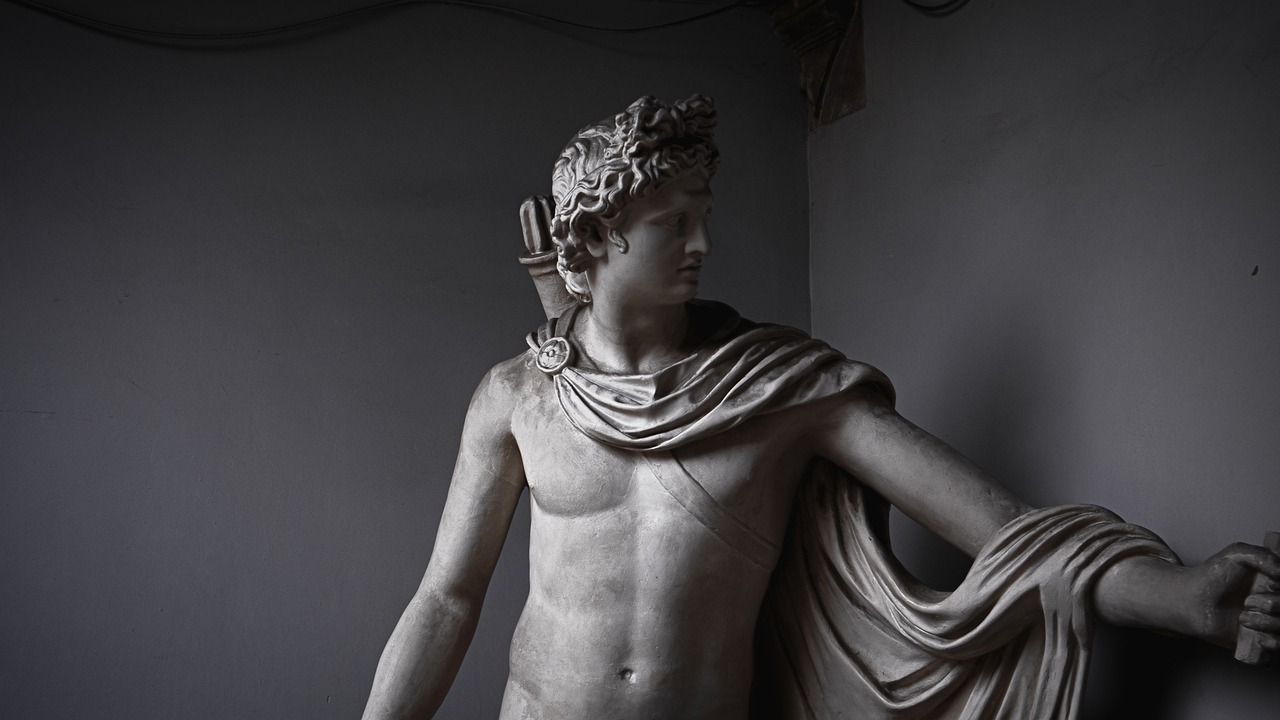Roman religion, also referred to as Roman mythology, encompasses the beliefs and practices of people on the Italian peninsula from ancient times up until the rise of Christianity in the 4th century CE, a period often known as Classical Antiquity.
Nature and Significance
Cicero, a prominent orator and politician, posited that Romans excelled in a distinctive wisdom, allowing them to understand that all things are governed by divine forces. Unlike religions that emphasize divine grace, Roman faith hinged on a reciprocal relationship (fides) between deities and humans, aiming to secure the favor, assistance, and tranquility of the gods (pax deorum). This divine support was believed to empower Romans against the formidable and inexplicable forces of nature that instilled admiration and fear (religio), thereby enabling a successful existence. Over time, this belief system fostered a collection of regulations known as jus divinum (divine law), which instructed followers on the proper rituals to observe or avoid, mostly lacking moral dimensions and focused primarily on the correct execution of ceremonial acts.
Roman religious practices were characterized by meticulous and conservative rites that emphasized the sanctity of tradition. If one strips away the later modifications that accumulated over centuries, traces of early religious thoughts emerge. This stands in contrast to Greek religion, where remnants of earlier beliefs are mostly buried and more challenging to uncover. Greeks exhibited a greater propensity for sophisticated, abstract ideas about divinity and humanity’s connection to the divine. In contrast, Romans maintained their traditional practices longer and lacked the Greek inclination for visualizing gods in human forms or attributing detailed narratives to them. Consequently, the term ‘Roman mythology’ may be misleading, as the mythological aspects visible in Roman culture are notably limited.
Literary Sources and Historical Context
The scant mythology of the Romans is often regarded as pseudomythology, primarily influenced by Greek traditions, dressed up as tales of national pride or familial heritage. Roman religion, notably, did not adhere to a strict creed; as long as rituals were performed correctly, individuals were free to interpret the nature of the gods as they pleased, diminishing the role of emotion in worship.
The legacy of early Roman religious practices is obscured, with reference materials mainly coming from the writings of antiquarians like Varro and Verrius Flaccus from the 1st century BCE, along with poetic contemporaries during the late Republic and the Augustan period. Their accounts came centuries after the establishment of Rome, influenced heavily by Greek mythology and practices. To construct a clearer picture of early Roman religion, researchers lean on the fragments of religious calendars, inscriptions, and an assortment of artifacts, including coins, medals, and artworks.
The Early Roman Religion
Archaeological evidence provides hints about early Roman religion, although it is insufficient to construct a complete narrative. It suggests that the Romans, like many ancient Italians, viewed divinity as a force evident in the functionality of human existence and non-human events, such as childbirth or cosmic movements. They expressed reverence towards these occurrences, sometimes attributing them to singular manifestations, including divine voices that offered guidance in times of distress (e.g., Aius Locutius). This reverence led to what has been termed “religious atomism,” where numerous deities were associated with specific aspects of daily life. Each deity was attributed distinct roles, and knowing the correct names and titles was essential for engaging with these divine beings— misnaming was seen as a barrier to communication, leading to phrases such as “unknown deity” to cover all possibilities.



